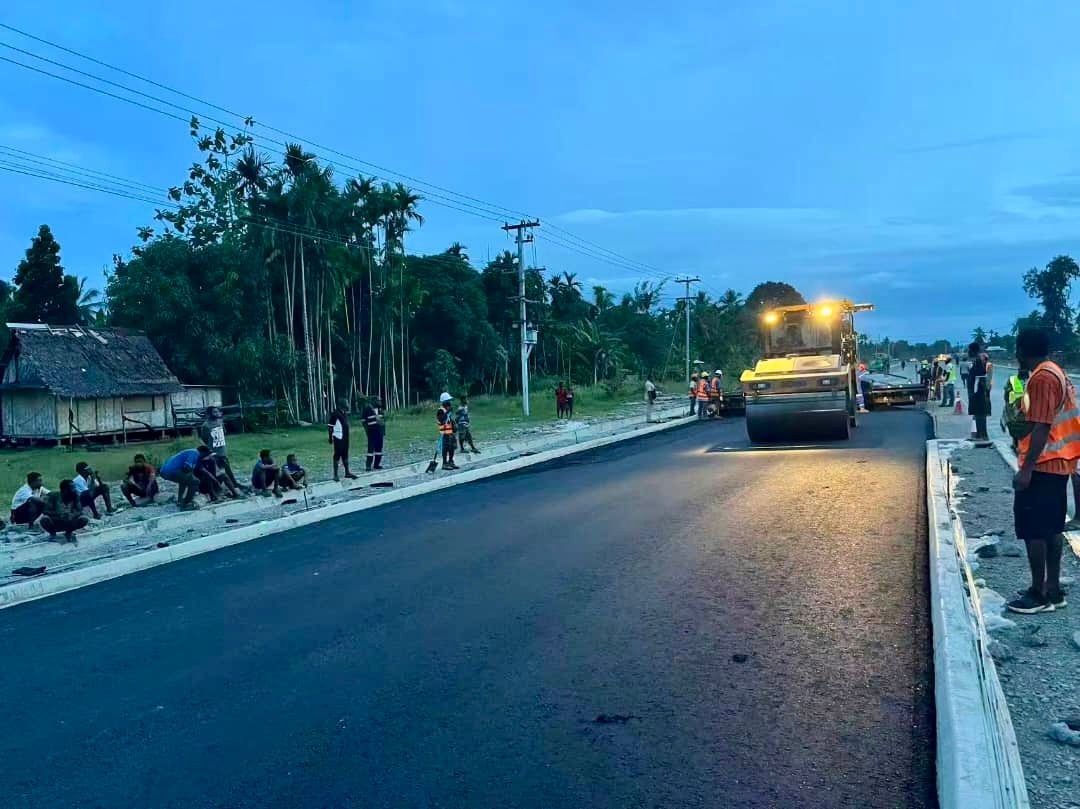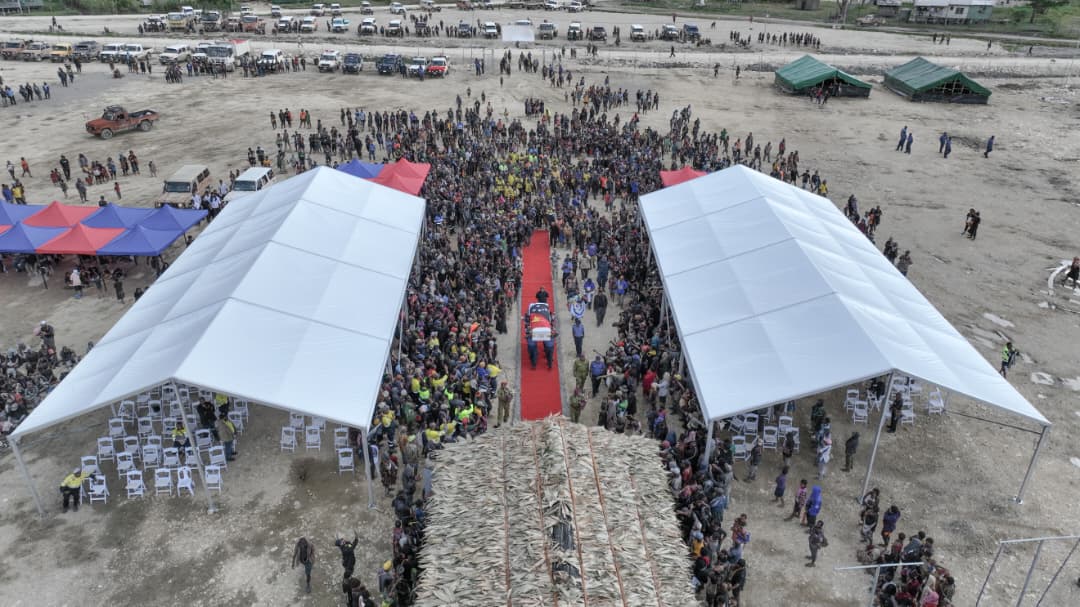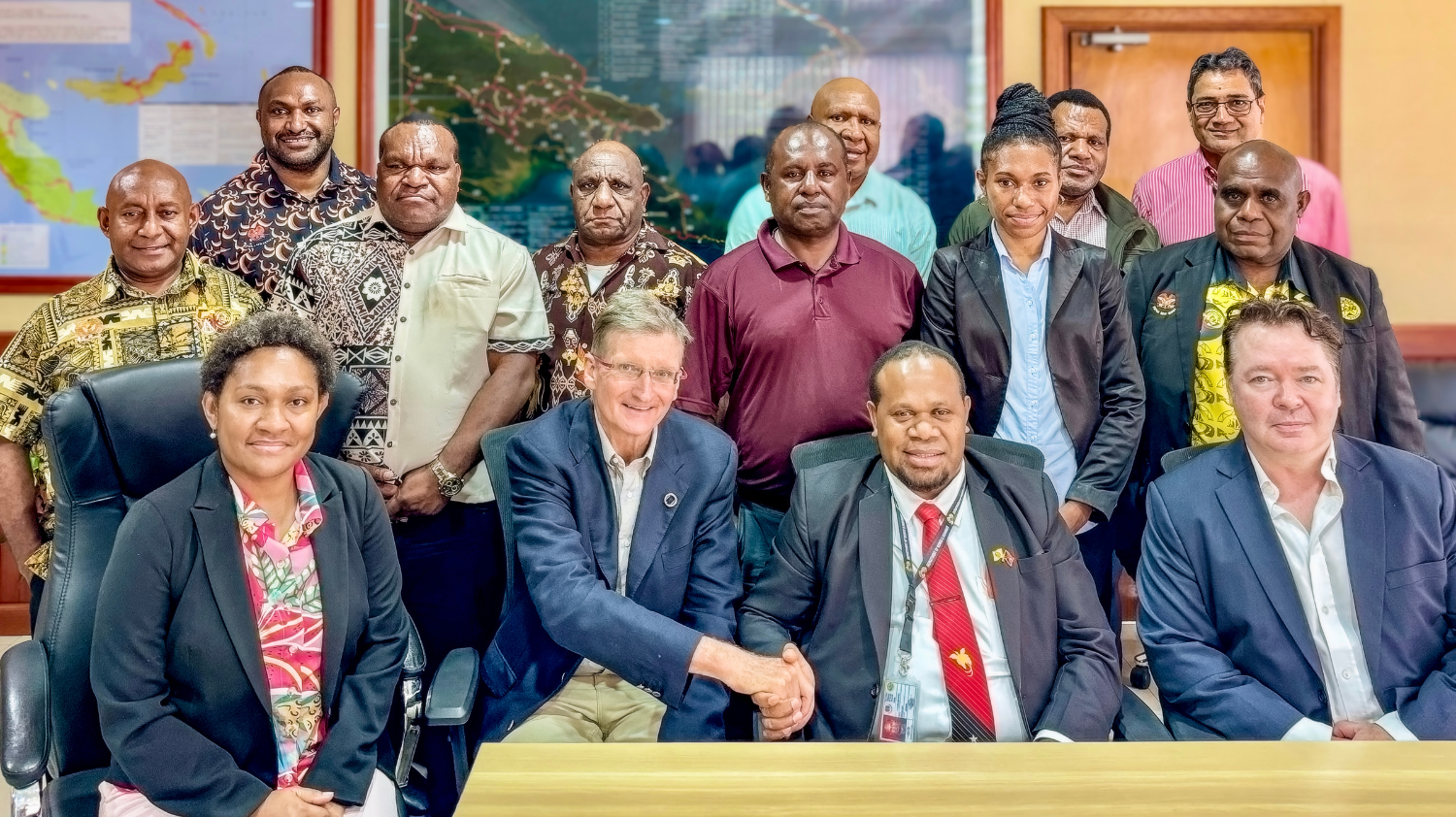A New Era of Integration (2021–2022)
- by DoWH
- 16th December 2024
The period from 2021 to 2022 marked a transformative chapter for the Department of Works and Highways (DoWH), characterized by significant integration, legislative reform, and organizational restructuring.
These developments solidified the Department’s role as Papua New Guinea’s central authority for infrastructure development, aligning its functions with modern governance practices and national priorities.
2021
- The passage of the Road Management and Fund Act replaced the 1973 Road Maintenance Act, addressing long-standing gaps in infrastructure funding and oversight. This new legislation introduced more efficient and transparent mechanisms for managing road development and maintenance, ensuring that investments aligned with the nation’s evolving needs.
- The Act streamlined financial processes, improving resource allocation and accountability in road maintenance programs.
- It also established frameworks to enhance coordination among provincial, district, and national road networks.
2022
- The Department underwent a historic restructuring, culminating in its rebranding as the Department of Works and Highways (DoWH). This change reflected a more comprehensive mandate, integrating previously independent functions and organizations into a unified entity.
Integration of the National Roads Authority (NRA)
- The NRA, originally established in 2006 to oversee road maintenance, was absorbed into the Department. This integration eliminated operational redundancies and centralized oversight of Papua New Guinea’s road infrastructure. By consolidating road management functions, the Department improved efficiency, accountability, and service delivery.
Creation of Four Operational Wings
As part of the restructuring, the Department was organized into four specialized wings, each focusing on a critical aspect of infrastructure development and governance:
- Field Operations Wing – Overseeing on-ground project implementation, maintenance, and regional operations.
- Network Planning, Design, and Standards Wing – Responsible for infrastructure planning, technical standards, and design innovation.
- Highways Management Wing – Managing the construction and rehabilitation of highways to enhance connectivity and mobility.
- Governance and Compliance Wing – Ensuring transparency, policy adherence, and effective risk management across all operations.
This new structure not only clarified roles and responsibilities but also strengthened the Department’s capacity to address the complex challenges of modern infrastructure development.
Key Outcomes of the Era
- Unified Vision and Strategy
The integration of the NRA and the establishment of specialized wings aligned the Department’s operations with national development goals, including the Connect PNG Development Plan (2020–2040).
- Improved Efficiency and Service Delivery
Centralized operations eliminated overlaps and ensured that resources were directed toward high-priority projects, improving the pace and quality of infrastructure delivery.
- Enhanced Governance and Accountability
The creation of the Governance and Compliance Wing reinforced the Department’s commitment to transparency, risk management, and adherence to global standards.
Looking Forward
The integration and reforms of 2021–2022 marked a new era for the Department of Works and Highways, positioning it as a modern, resilient, and adaptive organization. With a unified mandate and streamlined operations, the Department is better equipped to deliver on its mission of connecting communities, fostering economic growth, and building a sustainable future for Papua New Guinea.












